Microsoft Surface
Perhaps the most surprising entry was Microsoft's Surface, a spin on Windows Vista that uses a technology that will be very familiar to those who have followed the iPhone's short history.
The table-shaped prototype that demonstrates the technology uses multi-touch — the same technology that underpins the iPhone's user interface — to allow more natural interaction with items onscreen. Users can use multiple fingers to stretch photos, push and pull information around the screen, and draw gestures.
Its large surface also recalls the original demonstrations of multiple-input technology by New York University researcher and later Perceptive Pixel founder Jeff Han, who demonstrated a basic, whiteboard version of multi-touch interfaces in February 2006 at the Technology Entertainment Design (TED) conference in Monterey, California.
What distances Surface from both Han's demonstration and the iPhone, however, is the concept of smart objects. ID tags placed underneath each object can automatically trigger events or information relating to the item at hand: for example, displaying the vintage of a glass of wine or offering a network connection to a Zune player.
As advanced as the technology may be, Microsoft warns that the technology may take years to filter down to the consumer level. A standard Surface table will cost $10,000 and will see its first real-world uses in casinos, restaurants, and at store kiosks, placing it well out of reach of those also considering Apple's upcoming $499 cellphone.
Palm Foleo
Those same iPhone customers, however, may eventually turn to Palm's new option.
Called the Foleo, the device is the first "mobile companion," according to its creator. It amounts to a subnotebook assistant for smartphones that works around the oftentimes cramped keyboards and small displays of most pocket-sized cellular devices.
While not a substitute for either the phone or a true notebook computer and therefore no real challenger to either platform, the Foleo's 10-inch screen and Wi-Fi let it work on and synchronize e-mail as well as Office documents with its parent phone. It can essentially take over from a smartphone for those workers who literally depend on their phones for their livelihood, the company says.
And though the $499 device is only slated to work with the Treo range upon its summer release, Palm notes that owners of other phones should keep an eye on the Foleo's progress. The mini-computer's Linux roots will let a "modest software effort" bring support to virtually any other mobile OS — including Apple's. The iPhone creator is mentioned by name in the same breath as other outside cellphone makers in a list of candidates, indicating a willingness (if not necessarily intent) from Palm to bring Foleo support to Apple's mobile version of Mac OS X.
 Katie Marsal
Katie Marsal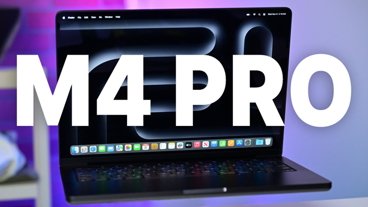
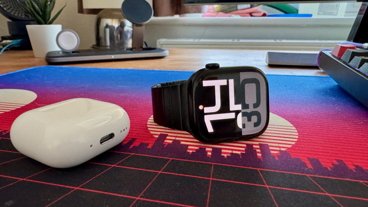
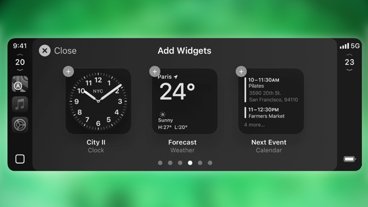


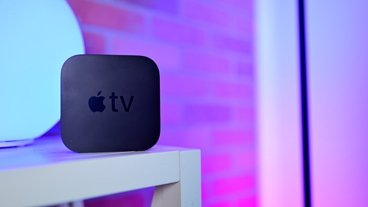
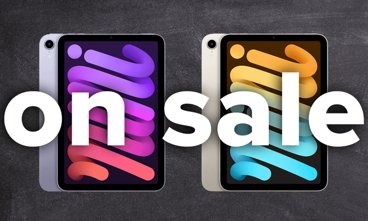
-m.jpg)





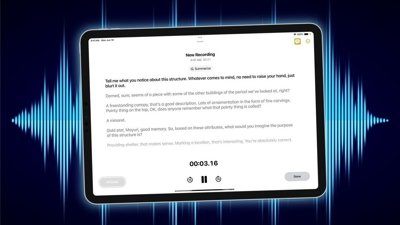
 Charles Martin
Charles Martin
 Wesley Hilliard
Wesley Hilliard
 Amber Neely
Amber Neely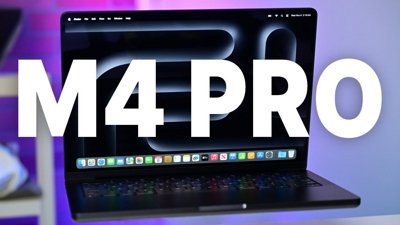
 Christine McKee
Christine McKee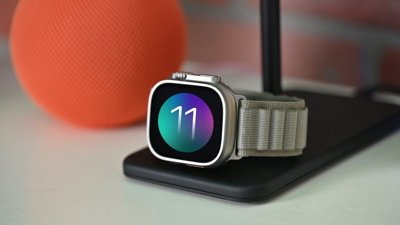
 Marko Zivkovic
Marko Zivkovic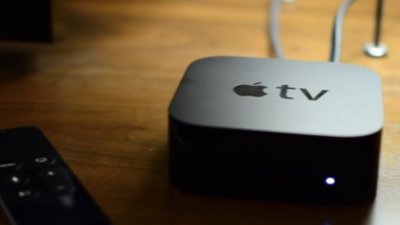
 Malcolm Owen
Malcolm Owen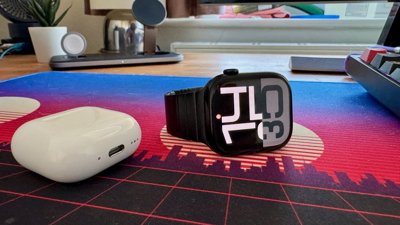
 Oliver Haslam
Oliver Haslam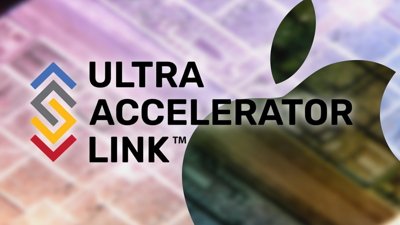
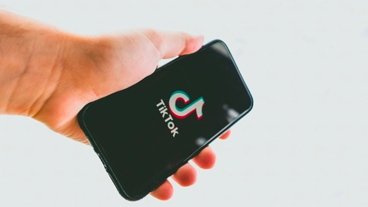




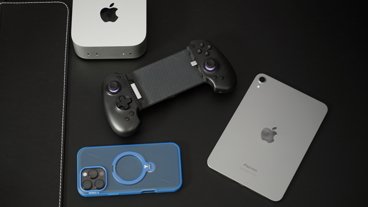

57 Comments
I'm not usually a Microsoft fan, but if the information on their site is true, they have been working on the technology since 2001. I have to give them some respect for their interaction design on this one. Watch the videos on their Surface site and you can see them sharing media between devices when you drag items into an aura that surrounds the devices. It does seem obvious that the release of the iPhone caused them to take one of their R&D technologies and make a product out of it. It just makes me wonder what else is sitting in their war chest that they are not able to bring to market without someone else leading the way.
http://www.microsoft.com/surface
Cheers,
Phone-UI-Guy
Here's what irks me. Bill has been talking about this table for a long time. Maybe he should fix Windows first. I'm not even talking about the big stuff. I'm talking about the little things that make it hard to use. Explorer's interface is brutal. Try to explain to your grandma why the New Folder link is only there sometimes. It might be intuitive to you and me - but it's not to everyone else.
People don't know how to manipulate windows on the desktop - after how many years of MS Windows? They have failed completely in their efforts to educate. The average user works maximized all the time, and has no idea how to arrange windows so they can drag from one to the other.
They want to introduce stuff like this table? Good luck with that. I'm not just talking about MS here. My LG phone doesn't work with my Mac. I have to spend all this time using shareware and scouring the web to make it remotely useful with my Mac.
This is 2007! It's ridiculous that products are being released that don't work with my Mac and my Windows without having to jump through hoops. But all these companies are releasing half baked products that don't work for the average user. Try to remember the average user isn't interested in computers and phones - they just want them to work. Without tricks and hacks. Without spending a whole weekend screwing around with it.
We're not even close yet.
I'm a skeptic on multitouch on large screens. I don't see much advantage to it beyond enhanced powerpoint presentations. Even the demo shown on Mossberg's website leaves me puzzled. After decades of tossing our photos willy-nilly in a box and rummaging through them with our hands, we finally have some decent photo filing software and Steve Ballmer thinks the next big thing is to toss your digital photos willy-nilly in a virtual box and rummage through them virtually with your hands? It's pretty impressive to watch, but I have 4000 photos in iPhoto and I, for the life of me, can't imagine how I can organize and search through them by 'virtual rummaging' with multi-touch. And if you say, well for sure the device will allow more conventional sorting methods, then I say so what's the point of multi-touch beyond being an expensive toy for showing off?
The MS Surface is a nice conversation piece- the coffee table book IS the coffee table. But it won't replace the monitor and keyboard and pointer combo. Nothing will replace the keyboard in the foreseeable future, not multi-touch, not handwriting recognition, not dictation because with a small investment in time and effort to hone your typing skills, there is no faster way to input text into a computer. And you can talk and listen while you're typing.
OK, Surface looks really cool! I would love to see that vision become a reality. However, microsoft is all talk but no substance. Remember that Origami video for the Ultra Mobile PC? It looked cool too. Did it become reality?
I'm not foolish enough to believe that MS can pull this off in the next decade.
As far as the Palm Foleo.... what a piece of crap. It's a big accessory to a small mobile device. Even though it's the size of a regular book, I still don't want to cart it around with me everywhere I go. That's not very mobile.
Hey.... what happened to all those iPhone patents???